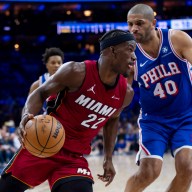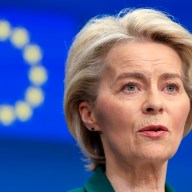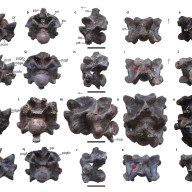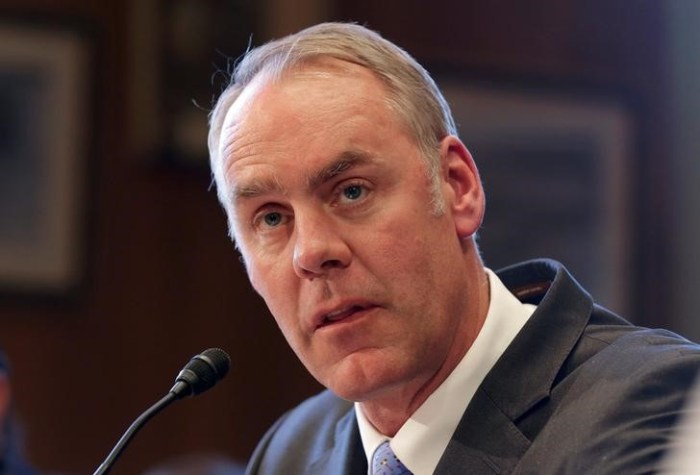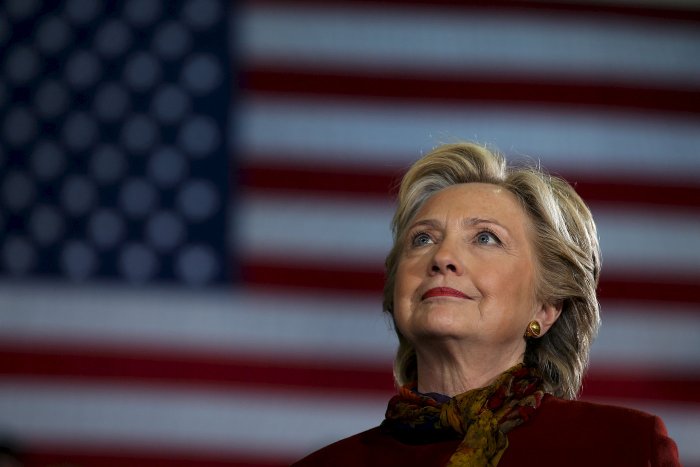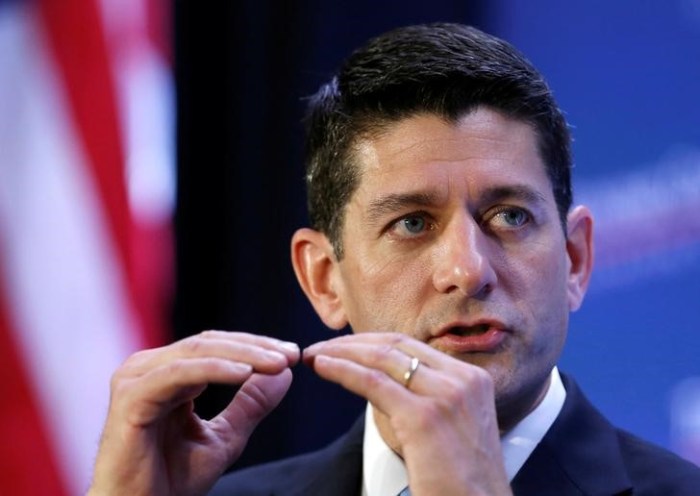tag:reuters.com,2016:binary_LOP000I50V3AN-BASEIMAGE:960X540 fmt:jpegBaseline
tag:reuters.com,2016:binary_LOP000I50V3AN-THUMBNAIL:160X90 fmt:jpegBaseline
tag:reuters.com,2016:binary_LOP000I50V3AN-VIEWIMAGE:512X288 fmt:jpegBaseline
tag:reuters.com,2016:binary_LOV000I50V3AN-STREAM:2000:16X9:MP4 fmt:H264/mpeg
tag:reuters.com,2016:binary_LOV000I50V3AN-STREAM:300:16X9:FLV fmt:flashVideo
tag:reuters.com,2016:binary_LOV000I50V3AN-STREAM:300:16X9:MP4 fmt:H264/mpeg
tag:reuters.com,2016:binary_LOV000I50V3AN-STREAM:5128:16X9:MP4 fmt:H264/mpeg
tag:reuters.com,2016:binary_LOV000I50V3AN-STREAM:512:16X9:FLV fmt:flashVideo
tag:reuters.com,2016:binary_LOV000I50V3AN-STREAM:6756:16X9:MPG fmt:mpeg
tag:reuters.com,2016:binary_LOV000I50V3AN-STREAM:700:16X9:FLV fmt:flashVideo
tag:reuters.com,2016:binary_LOV000I50V3AN-STREAM:700:16X9:MP4 fmt:H264/mpeg
tag:reuters.com,2016:binary_LOV000I50V3AN-STREAM:80:11X9:3G2 fmt:3gpp2MultimediaFile
tag:reuters.com,2016:binary_LOV000I50V3AN-STREAM:80:11X9:3GP fmt:3gppMultimediaFile
tag:reuters.com,2016:binary_LOV000I50V3AN-STREAM:8256:16X9:MP4 fmt:H264/mpeg
By Ginger Gibson and Alana Wise
WASHINGTON (Reuters) – Donald Trump and the Republican National Committee raised nearly $51 million for his presidential campaign in June, after he launched his first aggressive effort at raising cash, Trump’s organization reported on Wednesday.
The most recent haul dwarfed the $3.1 million the Trump campaign raised in May. That low number prompted widespread concern among Republicans that the New York businessman, a newcomer to politics who largely bankrolled his primary campaign, would be unable to compete with Democrat Hillary Clinton’s massive fundraising operation.
For June, fundraising emails circulated by the Trump campaign attracted $26 million, in addition to more than $25 million raised in conjunction with the RNC through joint fundraising events in June and the last week of May. The joint funds are intended to help both Trump and candidates in other races, such as people running for Congress, in the Nov. 8 election.
Trump, the presumptive Republican nominee, personally contributed $3.8 million in June, the campaign said, bringing the total contributions for the month to about $55 million.
“We just started our fundraising efforts in the last week of May and we are extremely pleased with the broad-based support in the last five weeks for the Trump Campaign and Trump Victory,” the campaign said in a statement.
In June, Clinton, the presumptive Democratic nominee, raised $68.5 million, including $40 million for her campaign and $28 million for the DNC and state victory funds. She began July with $44 million in cash on hand.
While Trump’s June total far eclipsed the candidate’s past hauls, Lisa Spies, a Republican fundraiser who worked for Mitt Romney in 2012 and raised money for Jeb Bush in the 2016 primary, said the dollar count was much lower than the $106 million that Romney, the party’s standard-bearer in 2012, brought in during the same month four years ago.
“This is his low-hanging fruit, and it’s good, I’m not putting it down. But it needs to get much better than this quickly. He’s playing a game of catch-up right now,” Spies said.
Clinton’s fundraising advantage has allowed her to build a vastly larger campaign infrastructure.
Clinton already has extensive staff operations in the most important battleground states and has begun to run paid advertising. Trump has only a handful of staffers and has made no large television ad purchases.
Trump beat 16 rivals in the Republican presidential race, but his free-wheeling style and some of his campaign pledges, such as his plan to build a wall on the U.S.-Mexico border, have long worried some in the party establishment and he has struggled to unify Republicans behind him.
CLINTON’S SUPER PAC ADVANTAGE
The Super PACs supporting Trump, which are permitted to raise and spend unlimited sums but are not allowed to coordinate directly with the campaign, have also struggled to get organized. While there was once a constellation of more than a dozen Super PACs backing him, most of his support has consolidated around Great America PAC, which is being run by veteran political operative Ed Rollins.
The PAC is on target to raise $10 million before the July 18 start of the Republican National Convention, said Eric Beach, a top PAC official. They have already seen an uptick in fundraising, bringing in $5 million in June, doubling the May haul of $2.5 million.
Great America PAC is using that money to run television ads, and plans to attack Clinton over her use of personal email servers during her time as secretary of state.
The Super PAC supporting Clinton, Priorities USA, had raised $88 million by the end of May and had $51 million to spend. The group is already running ads attacking Trump.
Trump got off to a slow start in fundraising, funding much of his primary campaign with his personal wealth in loans that totaled about $50 million. He announced last month he would forgive the loans to his campaign, intending to signal to potential donors that he would not use their funds to repay himself.
He held his first fundraiser in late May and had several in June, including a high-dollar event in New York City and several fundraisers in Texas.
Trump continues to promise to make contributions to his own campaign. In June, he launched an online fundraising effort by promising to match donations up to $2 million.
Trump and Clinton both use joint fundraising agreements with their respective parties.
The agreements allow the candidates to accept checks larger than the $5,400 limit that an individual can give to a campaign. Instead, the larger donations are divided up among the campaign, the national party and various state victory funds. All the money is then used to help elect the presidential candidate as well as other candidates.
The campaigns and the political parties are permitted to coordinate how they spend that money.
(Additional reporting by Michelle Conlin in New York and Emily Stephenson in Washington; Editing by Frances Kerry and Peter Cooney)



